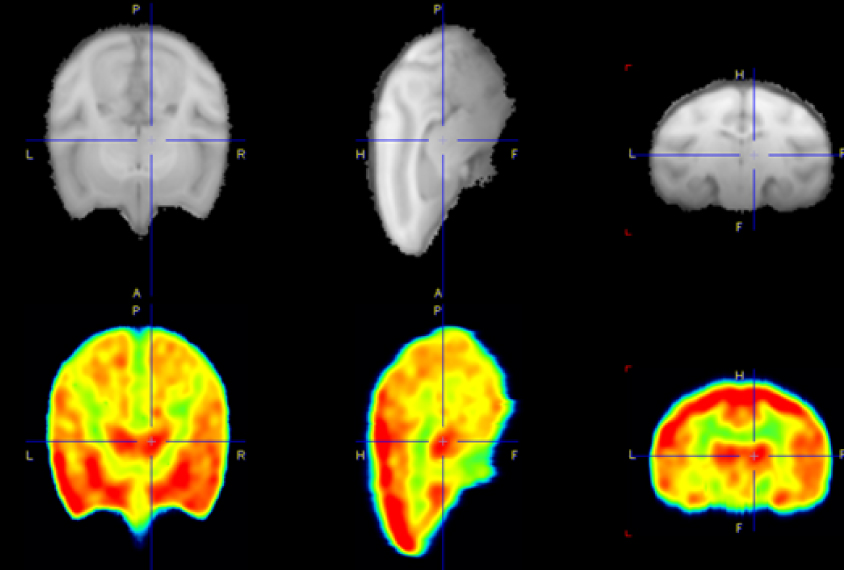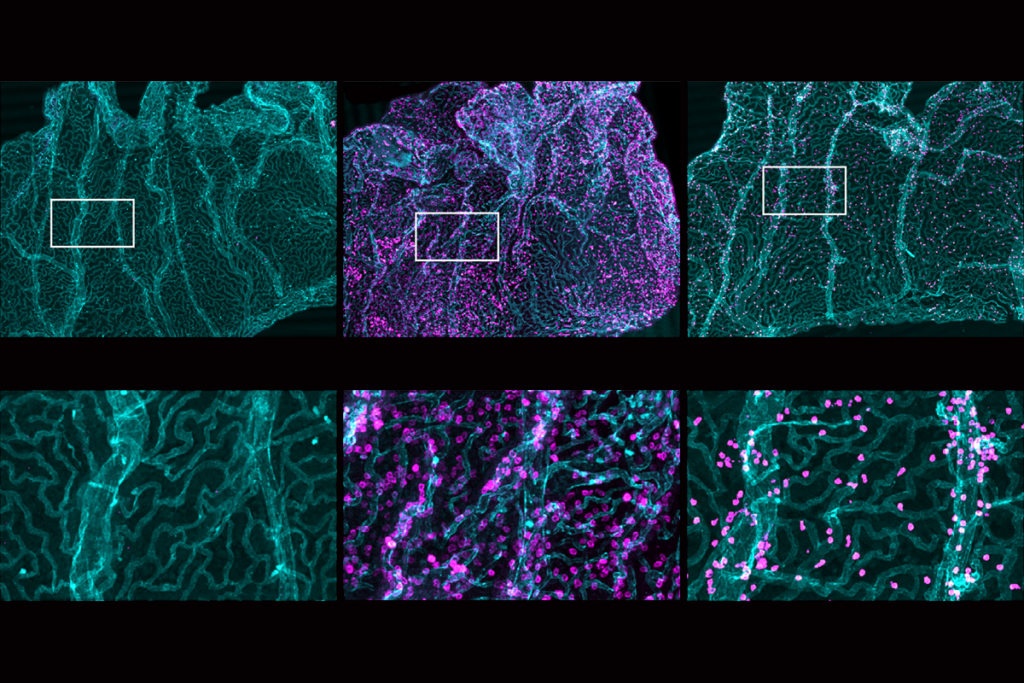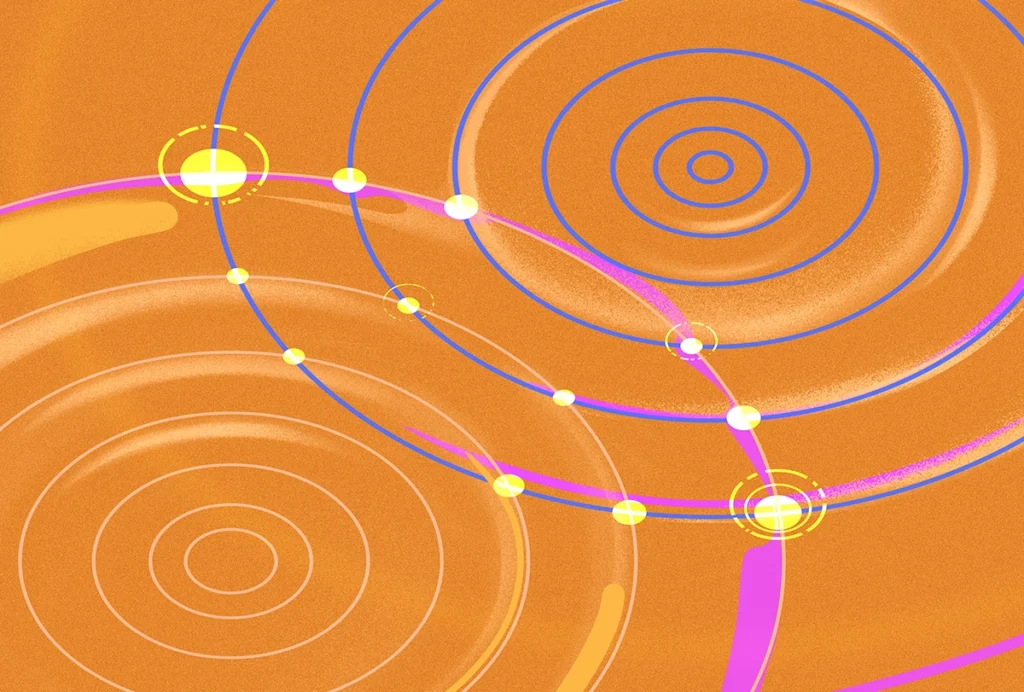Esther Landhuis is an outside-the-box thinker and award-winning journalist in the San Francisco Bay Area. Published in Scientific American, Nature, Undark, Medscape, JAMA, Quanta and elsewhere, her stories cover all dimensions of biomedicine—from lab discoveries to clinical trials to health policy to the creative minds who shape the practice of science and medicine. Find her @elandhuis on LinkedIn, Bluesky and X.

Esther Landhuis
Freelance science writer
From this contributor
Elizabeth Berry-Kravis: Running a marathon for fragile X syndrome
Elizabeth Berry-Kravis has spent decades uncovering molecular clues to fragile X syndrome and crafting trials of treatments. Her efforts are paying off.

Elizabeth Berry-Kravis: Running a marathon for fragile X syndrome
Drug boosts cognition in men with fragile X syndrome
A drug that prevents an enzyme from breaking down a key molecule involved in learning and memory improved cognition and behavior in a small study of men with fragile X syndrome.

Drug boosts cognition in men with fragile X syndrome
Gene-editing tool used to map lineage of cells
Researchers have repurposed CRISPR, the popular gene-editing tool, for tracing cell lineages in whole organisms.

Gene-editing tool used to map lineage of cells
Explore more from The Transmitter
Hessameddin Akhlaghpour outlines how RNA may implement universal computation
Could the brain’s computational abilities extend beyond neural networks to molecular mechanisms? Akhlaghpour describes how natural universal computation may have evolved via RNA mechanisms.
Hessameddin Akhlaghpour outlines how RNA may implement universal computation
Could the brain’s computational abilities extend beyond neural networks to molecular mechanisms? Akhlaghpour describes how natural universal computation may have evolved via RNA mechanisms.
Immune cell interlopers breach—and repair—brain barrier in mice
The choroid plexus, the protective network of blood vessels and epithelial cells that line the brain’s ventricles, recruits neutrophils and macrophages during inflammation, a new study shows.

Immune cell interlopers breach—and repair—brain barrier in mice
The choroid plexus, the protective network of blood vessels and epithelial cells that line the brain’s ventricles, recruits neutrophils and macrophages during inflammation, a new study shows.
Are brains and AI converging?—an excerpt from ‘ChatGPT and the Future of AI: The Deep Language Revolution’
In his new book, to be published next week, computational neuroscience pioneer Terrence Sejnowski tackles debates about AI’s capacity to mirror cognitive processes.

Are brains and AI converging?—an excerpt from ‘ChatGPT and the Future of AI: The Deep Language Revolution’
In his new book, to be published next week, computational neuroscience pioneer Terrence Sejnowski tackles debates about AI’s capacity to mirror cognitive processes.